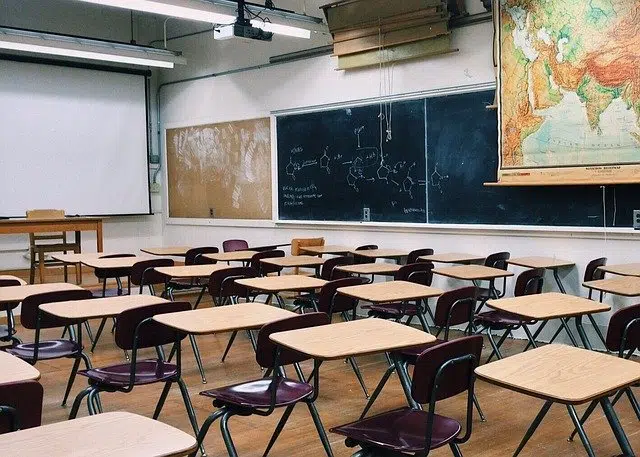
Through its educational policy, a government can influence the production and distribution of knowledge.
The notion of politics has several uses. It can refer to the government of a State; to the activity carried out by the person who administers public affairs; to the guidelines that guide the actions; or the way in which the means are used to achieve an objective.
The etymological origin of the term politics is found in Greek. Specifically, it emanates from the expression "politiké techne", which can be translated as "the art of the things of the State" or "the art of living in society."
The idea of education
Educational, meanwhile, is an adjective that refers to that linked to education : teaching or instruction. An educational process aims at the development of the individual's faculties through the transmission of knowledge and values.
Educational is a word that has its etymological origin in Latin. Exactly, it must be emphasized that it is the result of the sum of several components of that language: the prefix «ex-«, which can be translated as «outwards»; the verb "ducere", which is synonymous with "guide", and the suffix "-tivo", which is used to indicate an active or passive relationship.
What is an educational policy
From these ideas, we can focus on the definition of educational policy . This is the name given to the set of State actions that seek to optimize the practices carried out in the field of education.
Educational policy is a tool that governments have to get involved in the way in which knowledge is produced and distributed in a society . It is important to keep in mind that access to education is a human right that all States must guarantee.

Educational policies must aim to guarantee access to education.
Guarantee a human right
According to the Universal Declaration of Human Rights , elementary education must be free and compulsory . That is why the educational policy of a country must always ensure this right as a priority. Public education also has to be of quality so that training is useful and productive.
In Spain we can establish that there is a problem with respect to the so-called educational policy and that is that there is always a disagreement on the part of the different political formations. In this way, what happens is that every time a party enters the Government, it establishes its own law and measures on education, which do not have the consensus of all the others. Hence, when he is replaced at the head of the country, the new Government proceeds to change those to impose its own.
Educational policies, in short, establish guidelines for action and create legal frameworks at the level of education. They involve laws, resolutions and regulations that determine the nation's pedagogical doctrine and establish its objectives .
Among the most important advances that can be made in terms of educational policy are, for example, making more resources available to the most vulnerable students, increasing the budget allocation in this area, strengthening and supporting a quality educational law, support and promote public education…
